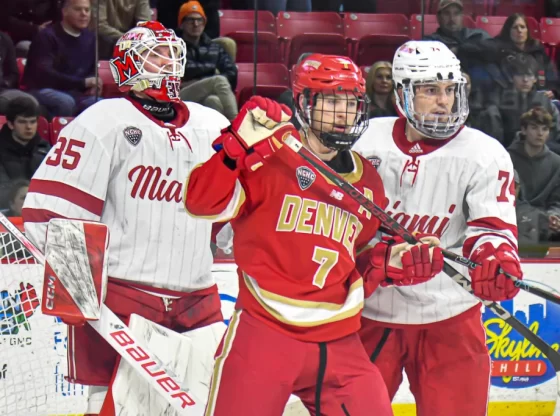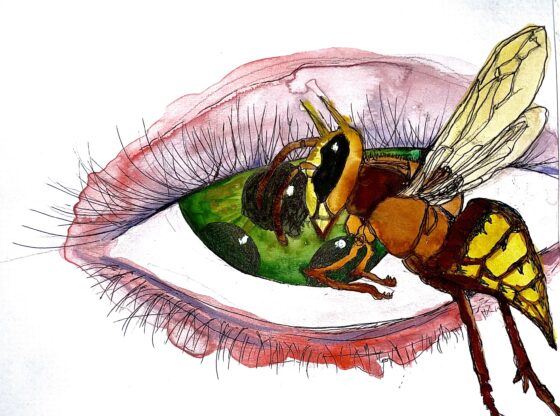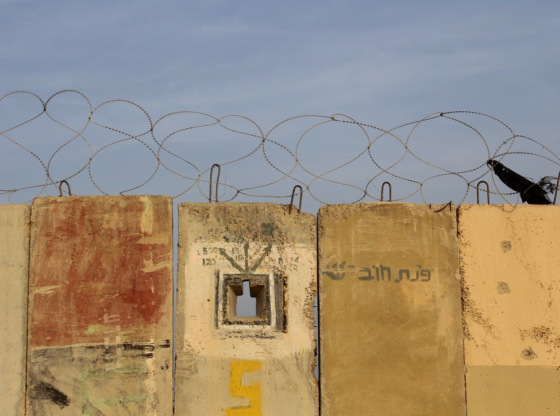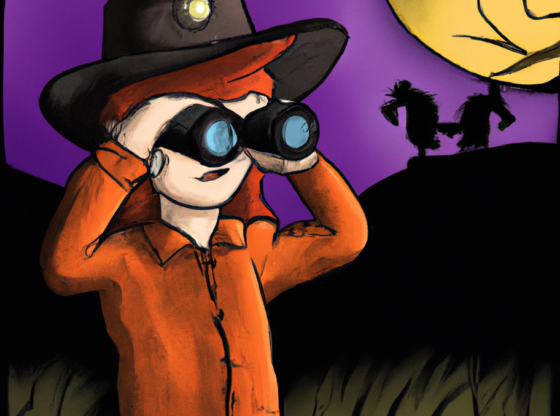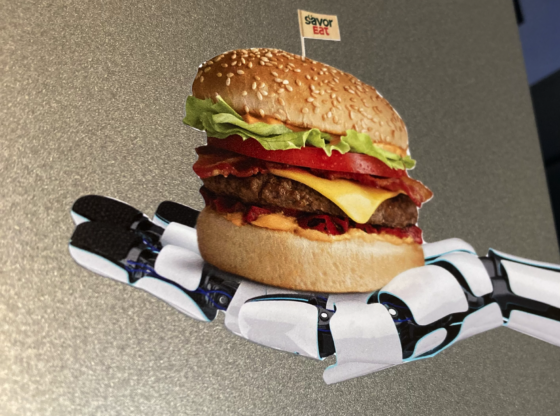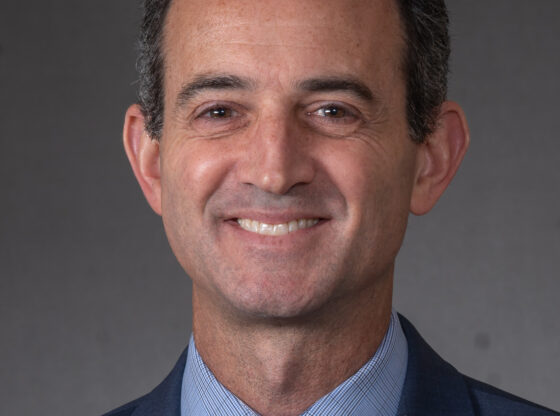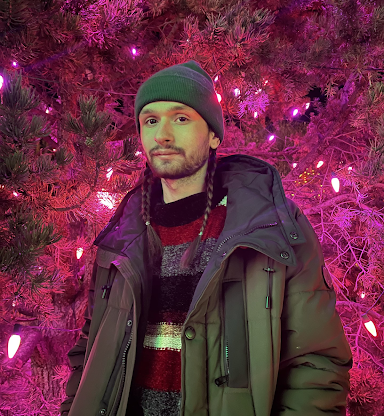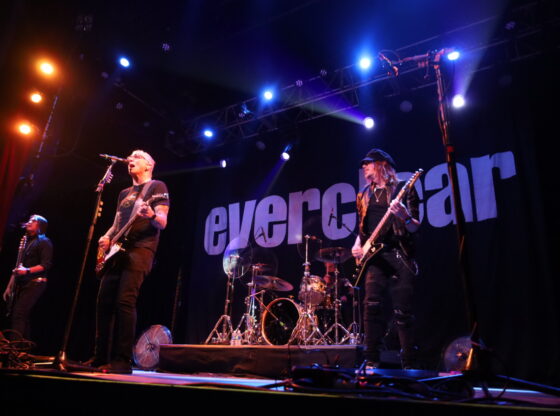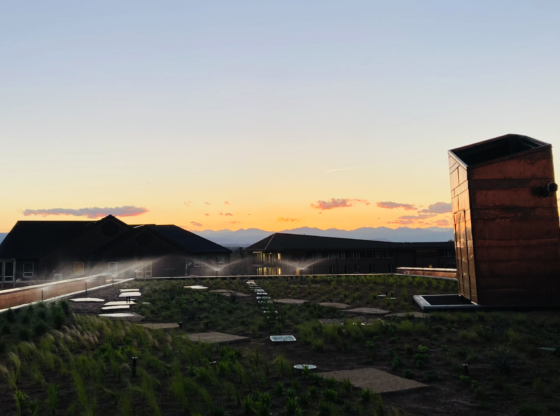A panel representing the Native American community in Denver focused last Thursday on Native American activism and civil rights movement.
The panel, held in the Ritchie Center, was part of the series of events held over the last three weeks celebrating the life of Martin Luther King Jr. Panel members included Dr. Dianna Ducote-Sabey, training director and multicultural coordinator at the university’s Health and Counseling Center, Leo Begay, co-president of DU’s Native Student Alliance (NSA), Whitney Kizer, co-president of NSA, Mahalia Newmark, senior NSA member, and Theresa Halsey, community coordinator for the Denver Indian Family Resource Center.
“It’s important to hold events like this to let people know we are still here,” said Ducote-Sabey. “People around campus have been told we don’t exist anymore.”
With only 10 people in attendance, the message of Native Americans’ concerns was limited in its distribution.
The speakers discussed the Native Americans’ civil rights movement in the 1960s and 1970s, known as the Red Power Movement, and the continuing fight of Native Americans today.
The Red Power Movement arouse out of long standing discontentment Native Americans had over their condition and the lack of action taken by the federal government to fulfill its promises. Years of broken treaties, police brutality and bureaucratic red tape prevented Native Americans from colleting profits and brought about two decades of civil rights activism.
One significant event in the Native American struggle for self determination and better conditions was the occupation of Alcatraz, beginning in 1969. The takeover reflected a highly unified and involved Native American youth, according to Newmark.
“Alcatraz was not just an event, it was an inspiration,” said Newmark.
While acknowledging the importance events like Alcatraz had in helping Native American causes, the speakers agreed there is still much work to be done and that Native American activism is still vital to better the live of Native American tribes.
A lack of adequate education and failure to teach Native American culture in schools were some of the modern-day concerns.
“In the third and fourth grades they teach how we lived 150 years ago,” said Halsey. “We have to say we are still here and that we are not invisible.”
To promote change the speakers asked the audience to be aware of Native Americans and support groups on campus.
“People don’t even know the Native Student Alliance is here,” said Kizer.
The audience was also asked to work for change by requesting to have Native Americans studies courses offered at DU.

